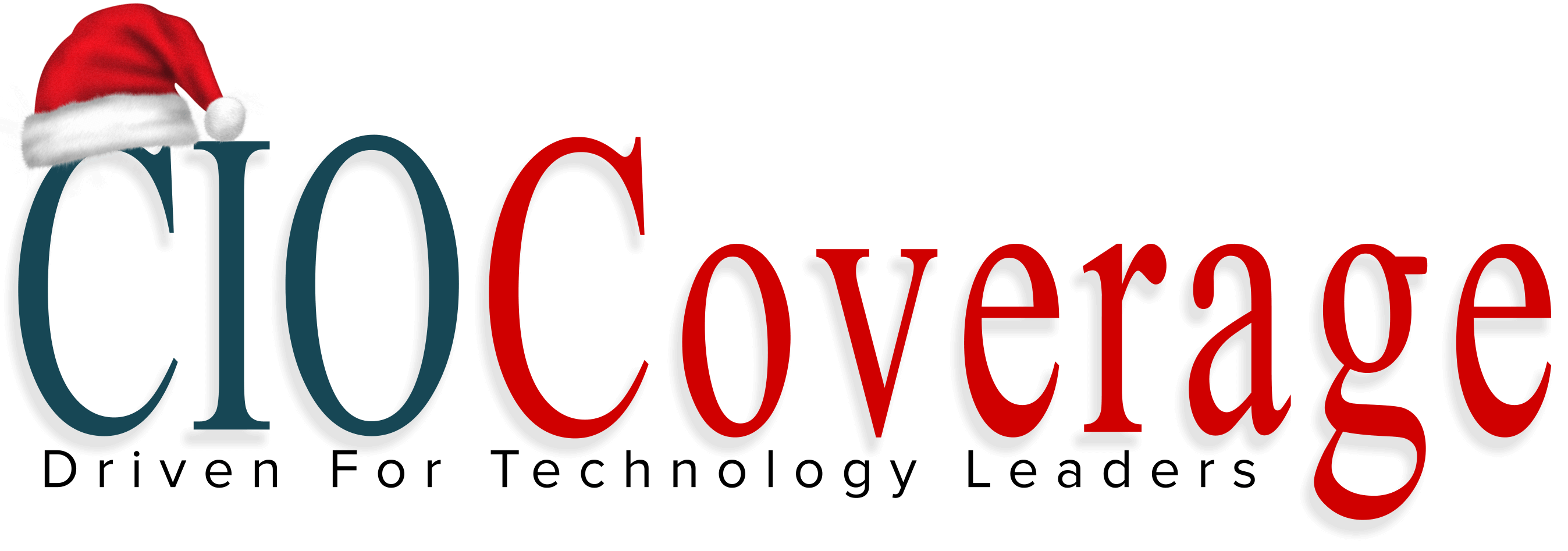Companies and consumers are the two foundations of marketing, whether D2C (directly-to-consumer), B2C (business-to-consumer), or B2B (business-to-business), and 2023 is the year for B2B to flourish. According to B2B Institute for LinkedIn’s Peter Weinberg and Jon Lombardo, B2B is the future of marketing. It will shoulder the increase in demand for data and technology to make the economy sustainable, unstoppable, and efficient.
With digital marketing taking the reins of advertisements, businesses, and marketing, the US has spent $15 billion on digital marketing alone. The industry is a continuous race, and B2B marketers are competing fiercely. 2023 is expected to witness the first era of marketing advertisements on connected TV (CTV), better data usage and performance, and new and innovative strategies to improve the online user experience.
To make 2023 the big year of business-to-business marketing, B2B marketers must adopt the B2C formula of investing in creative campaigning that leaves a lasting impression on their buyers, be it a user-friendly application or an attractive website design. B2B stands for business-to-business, but those businesses are run by people who value their user journey and personal experience as much as the product or service offered. Factoring in user experience can take B2B marketing to greater heights.
Centering B2B advertisements around conversational marketing is unique and creative and accelerates the buying process. B2B companies in sectors like healthcare and finance can create a personal connection with their clients through easy-to-navigate websites or applications or conversational and interactive emails.
B2B marketing also relies on content—innovative, fresh, and outside the box. Filling the website with relevant content and important information makes it easier for consumers to understand the products or services being marketed. Gatekeeping crucial details hinders the user experience. According to a study, TV commercials usually lead to negative ROI if the company does not pay attention to its marketing tactics. With proper information, awareness, data, and insights, brands can turn their ROI around, generating higher investments.
Another B2C trend that can benefit B2B marketing is using creative analytics for confident decision-making. Companies like Memorable adopt a strategic B2B marketing plan, ensuring that any additional money is spent on innovative projects that deliver better results. Furthermore, many B2C businesses use first-party information to curate the user experience. Opting for the same technique can assist B2B brands in connecting with their valuable audiences across different mediums.
Data collection has evolved with technology and has proven itself as a beneficial tool for B2B marketers. Data-based marketing allows B2B brands to send targeted advertisements or messages to buyers, ensuring everyone receives the notifications on time, which makes the business look streamlined and organized.
The economy constantly fluctuates, and B2B marketers must adopt flexible and creative strategies to drive up their sales. B2C has the formula for higher profits down pat; B2B can co-opt some of the same techniques, such as data, technology, and innovative marketing, for better returns.















